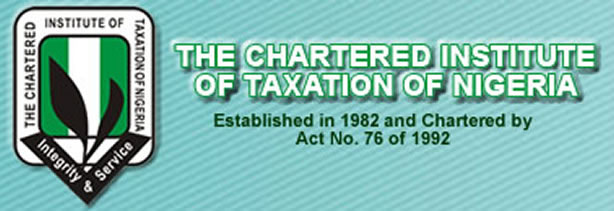
In a collaborative effort, the Chartered Institute of Taxation of Nigeria and the Anambra State Internal Revenue Service are working towards significantly increasing the state’s revenue collection by formalizing the informal sector’s participation in taxation.
Anambra State Governor, Prof. Chukwuma Soludo, expressed confidence that this partnership will elevate the state’s monthly tax revenue to N4bn.
The focus of the collaboration is to empower informal sector professionals by providing them access to government support such as loans, business consulting services, and other incentives.
During a joint taxpayer education program in Awka, Mr. Samuel Agbeluyi, the National President and Chairman of Council at CITN, emphasized the importance of bringing informal sectors into the tax system to alleviate their challenges and contribute to the state’s development.
Agbeluyi, represented by Mr. Innocent Ohagwa, Vice President of CITN, highlighted taxation as a civic duty that sustains government services for the citizens’ welfare.
Addressing the theme, ‘Formalising the informal sector: The economic benefits,’ Agbeluyi underscored the pivotal role of taxes in the development of advanced nations.
He stressed, “The informal sector is vital for revenue generation, and we must leverage its potential. Bringing them into the formal tax system will enhance state revenue for infrastructure development.”
Dr. Greg Ezeilo, Chairman and CEO of AiRS, outlined the program’s objectives to educate and engage citizens on tax matters for their collective advantage.
Similarly, Mr. Ben Okafor, Executive Director of Assessment at AiRS, highlighted the importance of identifying opportunities for tax collection and engaging stakeholders in the informal sector to educate them on the government’s tax utilization.
Nze Akachukwu Nwankpo, the lead presenter, advocated for a robust mechanism to formalize informal sector businesses, gather tax data, and facilitate financial access, business growth, poverty alleviation, and social stability.
